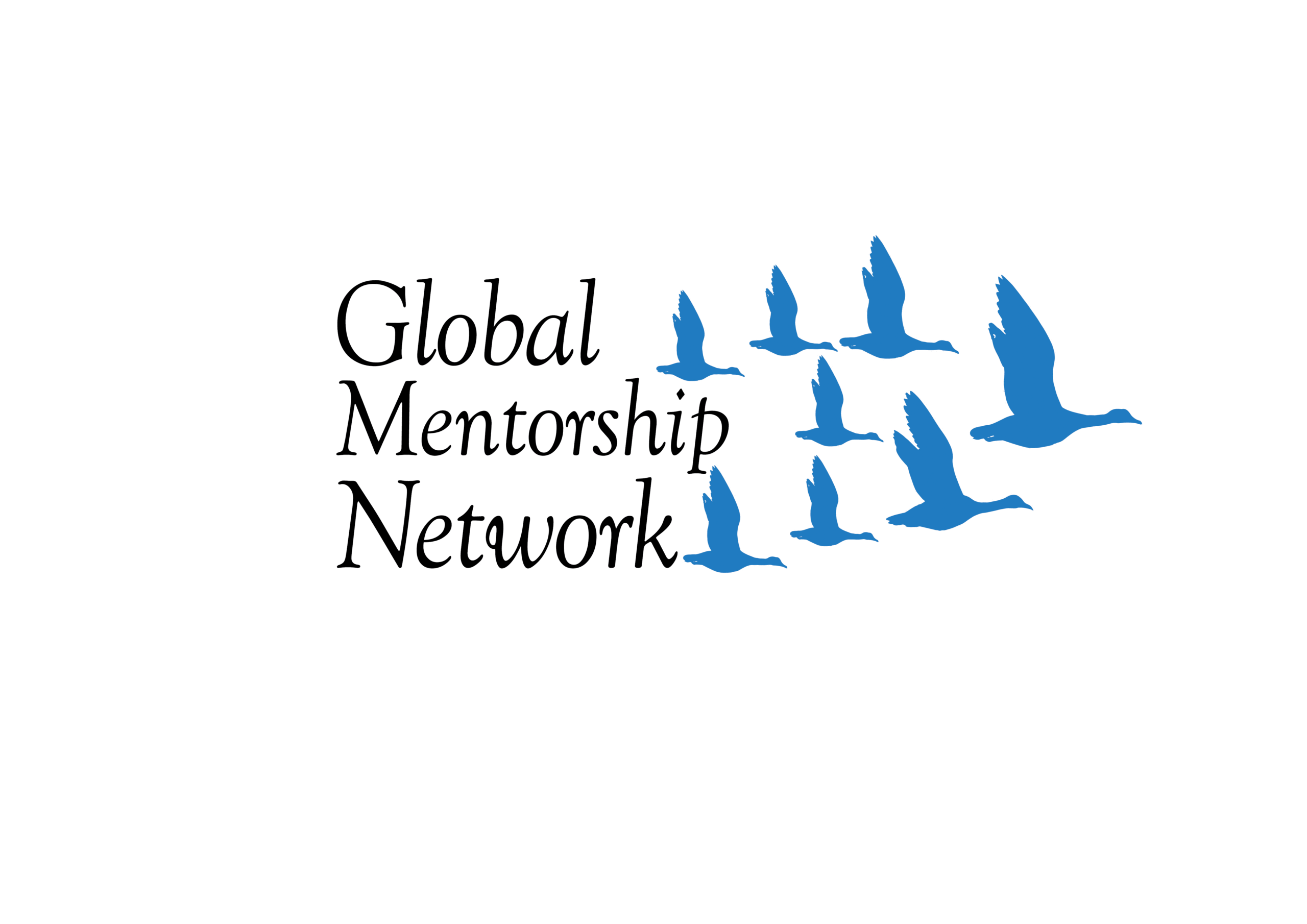By Rev. Ken Aringo
In today’s ever-changing world, managing family resources goes far beyond balancing a budget or owning property. It’s about stewarding every aspect of the home—material, emotional, relational, and spiritual—under God’s guidance. When we align our families with His purpose, we create homes that thrive in peace, resilience, and unity.
What Are Family Resources?
Family resources aren’t just what we can touch or count. They include anything that contributes to a family’s well-being and functionality. Think of it as five key pillars:
-
Material resources (finances, possessions)
-
Social support (relationships and community)
-
Coping competencies (emotional resilience)
-
Daily interactions (relational habits)
-
Spiritual grounding through the family altar
Let’s explore each of these from a biblical perspective.
1. Material Resources: God Is the Provider
Everything we have comes from God. James 1:17 reminds us, “Every good and perfect gift is from above.” Whether it’s our home, income, or food on the table, it’s all His provision. Like Job, we’re stewards—not owners—of God’s blessings (Job 1:1–5). Wise financial stewardship includes generosity, budgeting, and gratitude. When we acknowledge God as our source, it transforms how we handle material things. Just like Job, ‘you can still be filthy rich and still a God-chaser’.
2. Social Support: People Are God’s Gifts
We were never meant to walk alone. Supportive relationships enhance mental health, build self-esteem, and foster a deep sense of belonging. Surrounding yourself with a Christ-centered community is one of the most powerful investments you can make in your family. As Apostle Joshua Selman puts it, people are “destiny helpers and burden carriers.” Honor the relationships God has placed in your life.
“When you prioritize friend raising, fundraising becomes a natural outcome.” In other words, strong relationships are the foundation of sustainable support.
3. Coping Competencies: Resilience in the Storm
Life brings its share of trials. The question is: how do we respond? Whether it’s conflict, loss, or stress, families need coping tools—both emotional and spiritual. The “fight, flight, or fright” response is natural, but we must grow beyond it into maturity. Develop habits like prayer, open communication, and wise counsel. God’s grace empowers us to navigate challenges with peace and strength.
4. Daily Interactions: The Power of Consistency
Did you know you are the average of the five people you spend the most time with? Our daily conversations, habits, and interactions shape who we are becoming. Invest in family time. Eat together, talk often, laugh freely. In these ordinary moments, extraordinary bonds are formed. Healthy families aren’t built overnight—they’re built daily.
5. The Family Altar: Spiritual Foundations Matter
Perhaps the most overlooked but most important family resource is the spiritual altar. An altar is a sacred place where you commune with God and establish spiritual authority over your life, your household, and all that He has entrusted to you. In every home, someone must take priestly responsibility—usually the father—to lead the family in prayer, devotion, and God’s Word. praying family becomes a powerful force, grounded in purpose and covered in grace. It is also good to note that, without a family altar, key aspects of family life—including resources—will struggle to flourish
Final thoughts
Managing family resources God’s way is a sacred calling. It’s not just about surviving—it’s about thriving. When we steward our time, money, relationships, emotions, and spiritual lives with intentionality, our families become reflections of heaven on earth.
Let’s rise to the challenge with wisdom, love, and faith—knowing that as we manage well, we honor the One who gave us everything.
